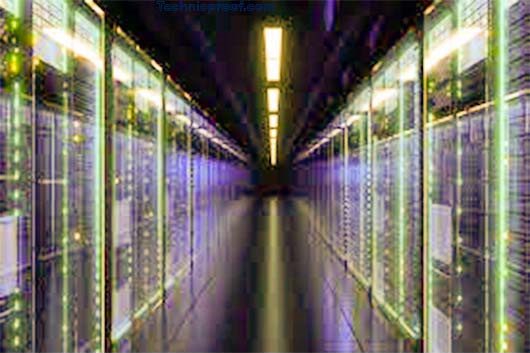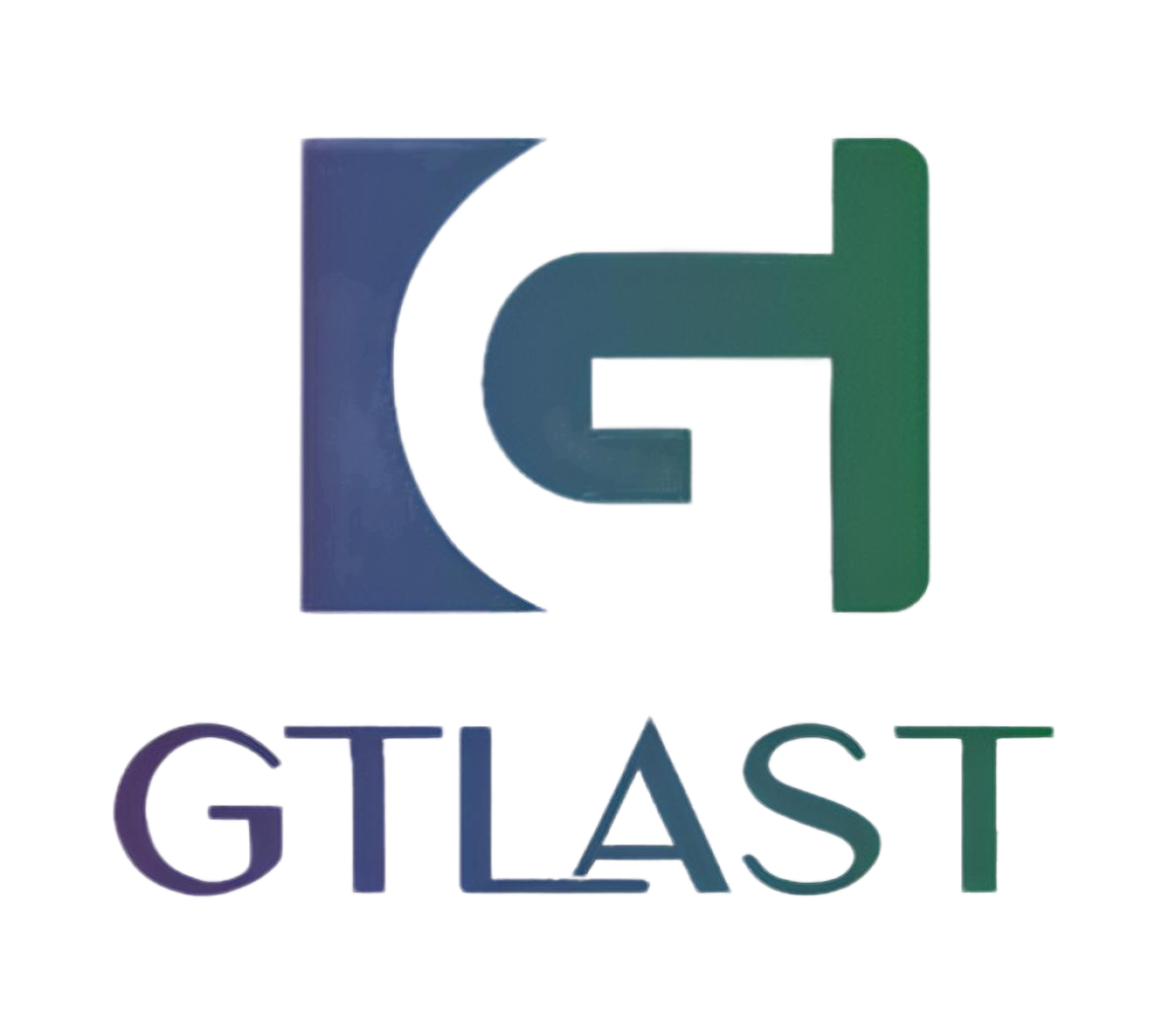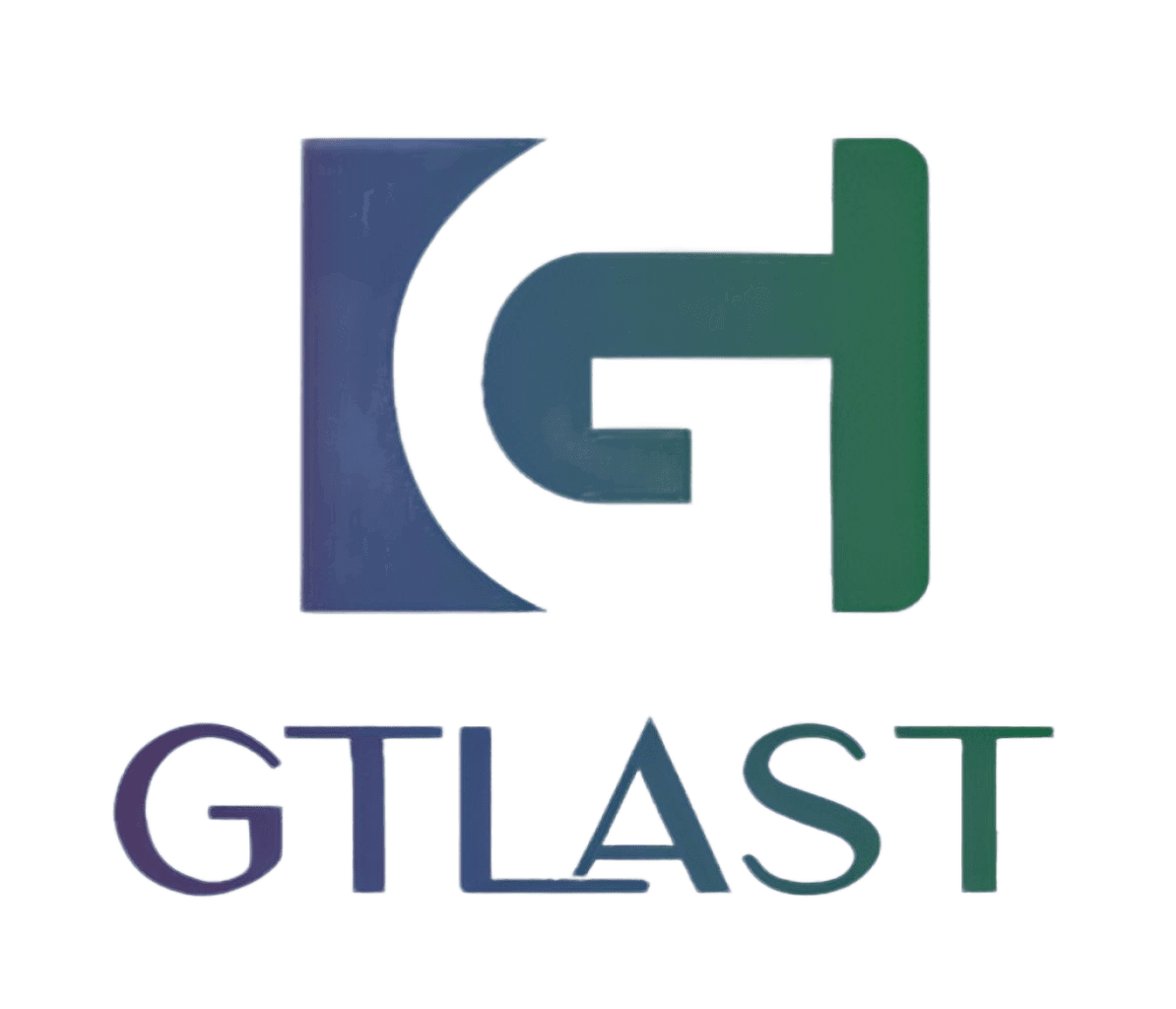The University of Ports mouth is working with leading AI re searchers at DeepMind to help develop faster-acting enzymes to recycle some of the world’s most polluting single-use plastics.
The University of Ports mouth is working with leading AI researchers at Deep Mind to help develop faster-acting enzymes to recycle some of the world’s most polluting single-use plastics.
The University’s Centre for Enzyme Innovation (CEI) uses DeepMind’s ground breaking AI system to advance its recycling research.
Following the initial announcement last year of DeepMind’s Alpha Fold system, an AI system that predicts the 3D structure of proteins with high accuracy, researchers at CEI have entered into an exciting new collaboration with the team. As a testing partner, the CEI team was able to study Alpha Fold’s ability to accelerate the engineering and development of its plastic-digesting enzymes, proteins that act as bio catalysts.
The Alpha Fold system is immediately available for CEI and Dr. Greg Beckham of the Colorado National Renewable Energy Laboratory is exploring a new set of plastic-digesting enzymes.
Access to Alpha Fold has changed our research strategy and we are excited to partner with DeepMind to explore other ways AI can accelerate our scientific discoveries.
Professor Andy Pick ford, Director of Operations at CEI, said: “Structure-based engineering of enzymes is a core aspect of our work, but obtaining these structures has been a bottleneck in our research pipeline. Access to Alpha Fold has changed our research strategy and we are delighted to partner with Deep Mind Collaborate to explore other ways AI can accelerate our scientific discoveries.”

CEI is focused on discovering and developing improved enzymes that can eventually be applied at scale to break down some of our most polluting single-use plastics. The team has made significant improvements to the native enzyme, publishing progress in the journal PNAS in 2018 and 2020, but one of the key bottlenecks is solving the enzyme structure that provides the necessary atomic coordinates. As part of the BOTTLE consortium, her latest project involves screening about 100 enzymes from a variety of microorganisms, too many to generate 3D structures. up to now. With Alpha Fold, Deep Mind was able to provide the team with all 100 structures within days, which has transformed their approach to the problem of generating improved enzymes.
Alpha Fold provides us with an exciting new template library for developing faster, more stable and less expensive plastic recycling enzymes.
CEI Director Professor John McGeehan said: “Alpha Fold provides us with an exciting new library of templates to develop faster, more stable and cheaper plastic recycling enzymes.
“This does not replace experimental technology, because we need to use more experimental facilities, such as the Diamond Light Source, because we can now detect a large number of new targets. In fact, I believe that the next greatest scientific discovery will come from experiments and artificial intelligence technology synergistic combination.
“Their open access model will now make this technology available to laboratories around the world, accelerating collaboration to develop enzyme-based solutions for recycling and upcycling plastic bottles and polyester textiles.”
It is believed that the next great scientific discovery will come from the synergistic combination of experimentation and artificial intelligence technology.
DeepMind, in collaboration with EMBL’s European Bioinformatics Institute (EMBL-EBI). Today launched the Alpha Fold Protein Structure Database (Alpha Fold DB), which contains 350,000 structures. Including those of 20 organisms critical to science, such as the large intestine Bacillus, Drosophila, mouse, zebrafish, Plasmodium and Mycobacterium tuberculosis. Over the next few months, she aims to significantly expand the database’s coverage to nearly every sequenced protein known to science more than 100 million structures. This presents a huge opportunity for further discovery in medicine and health, and through new partnerships like CEI, provides a faster path to bio-based solutions to some of our biggest environmental problems.



Wild Cash Slots
420pron
https://www.adulthubtube.com/
https://www.daylyporn.com/